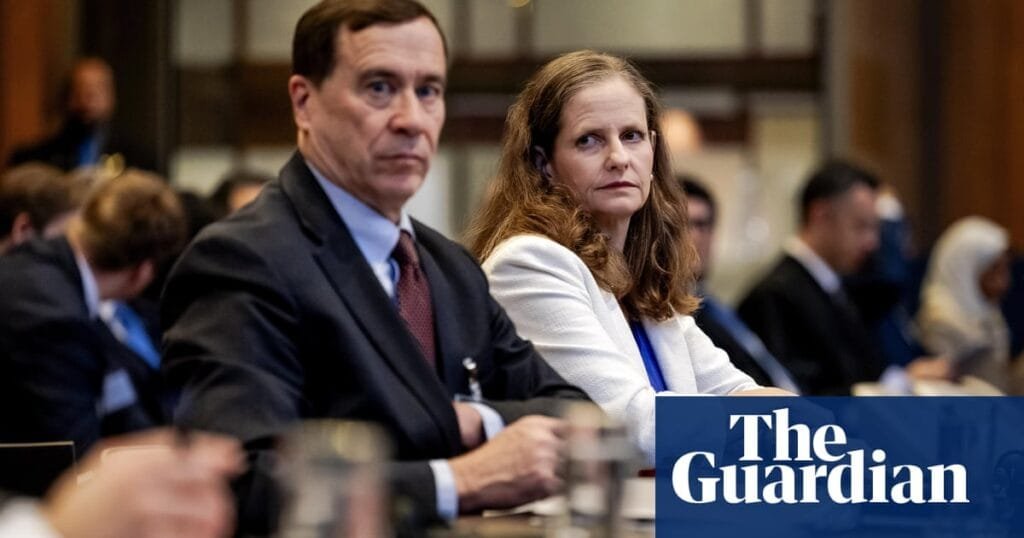Summary
Governments hesitate to act on climate change due to outdated cost-benefit analyses that undervalue future lives and prioritize immediate profits.
Highlights
- 📜 Historical Documents: Key acts from the past shape current climate policy decisions.
- 🌪️ Climate Disasters: Recent hurricanes highlight the urgent need for action against climate change.
- 💸 Discounting Lives: Cost-benefit analyses devalue future lives, affecting climate policy.
- 🏭 Fossil Fuel Lobby: Industry lobbying hinders meaningful climate change legislation.
- ⚖️ Regulatory Flaws: Current methods favor corporate interests over public health and safety.
Fossil fuel companies are just allowed to plan according to a future where they get to keep polluting as much as they want, and if anything gets in the way of that future — for example, governments doing something to protect us from certain catastrophe — they still get paid no matter what happens.
Quote from video




